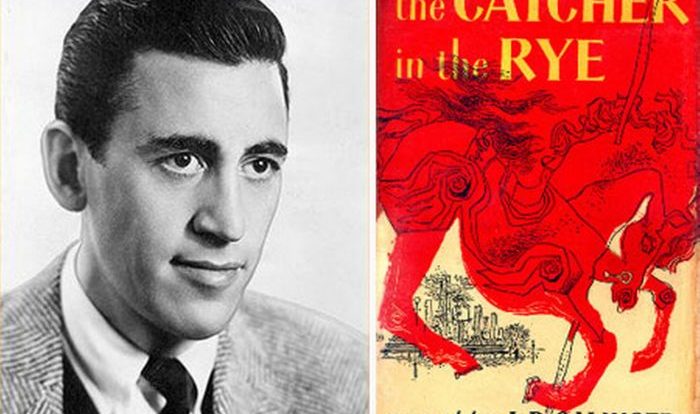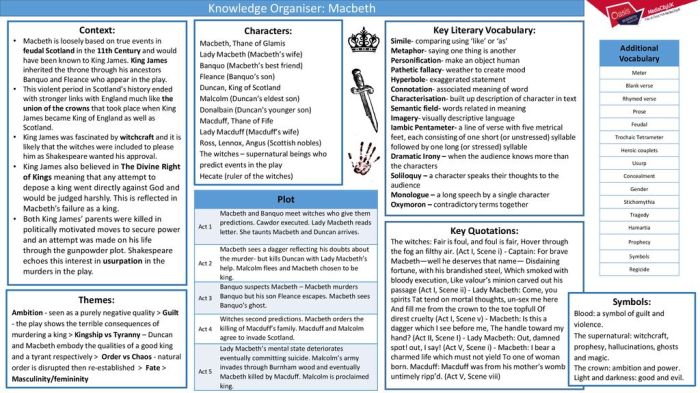My Name Sandra Cisneros Activity embarks on a captivating exploration of the renowned author’s life, work, and activism. Through this activity, students will delve into Cisneros’s unique literary style, examining the themes that have shaped her writing and resonated with readers worldwide.
This activity provides an engaging and interactive platform for students to appreciate the significance of Cisneros’s contributions to literature and her unwavering commitment to social justice.
Sandra Cisneros’s Life and Background
Sandra Cisneros, a renowned Mexican-American writer, was born in Chicago in 1954. Her childhood was marked by her family’s frequent moves and her exposure to both Mexican and American cultures. Cisneros’s early education was in Catholic schools, where she developed a love of reading and writing.
Cisneros’s experiences as a Mexican-American woman living in a predominantly white society influenced her writing profoundly. Her work often explores themes of identity, family, culture, and the experiences of women.
Education and Early Writing Career
Cisneros attended Loyola University in Chicago, where she studied English and creative writing. During this time, she began writing poetry and short stories that explored her own experiences as a Mexican-American woman.
After graduating from Loyola, Cisneros worked as a teacher and social worker in Chicago. These experiences further informed her writing and gave her a deep understanding of the challenges faced by marginalized communities.
Major Themes in Sandra Cisneros’s Work: My Name Sandra Cisneros Activity
Identity
Cisneros’s writing often explores the complex and multifaceted nature of identity. Her characters grapple with issues of race, ethnicity, gender, and class, and they often struggle to find a sense of belonging in a society that often marginalizes them.
For example, in her novel The House on Mango Street, the protagonist Esperanza is a young Mexican-American girl who is searching for her place in the world. She struggles to reconcile her Mexican heritage with her American upbringing and to find a sense of belonging in a neighborhood that is rapidly changing.
Family, My name sandra cisneros activity
Family is another central theme in Cisneros’s work. Her writing often depicts the complex and often contradictory relationships between family members. She explores the ways in which family can both support and hinder individuals, and she shows how family history can shape one’s identity.
For example, in her short story “Woman Hollering Creek,” a young Mexican-American woman is forced to confront her abusive husband and her own family’s silence about domestic violence.
Culture
Cisneros’s work is deeply rooted in Mexican-American culture. She draws on her own experiences and the experiences of her family and community to create a rich and vibrant portrait of Mexican-American life.
For example, in her novel Caramelo, Cisneros tells the story of three generations of Mexican-American women. The novel explores the ways in which Mexican-American culture has been shaped by both Mexican and American influences.
The Experiences of Women
Cisneros’s writing often focuses on the experiences of women, particularly Mexican-American women. She explores the challenges that women face in a patriarchal society and the ways in which they resist and overcome oppression.
For example, in her short story “Never Marry a Mexican,” a young Mexican-American woman is forced to confront the racism and sexism that she faces on a daily basis.
Sandra Cisneros’s Literary Style

Cisneros’s writing style is characterized by its lyricism, its use of imagery, and its fragmented structure.
Lyricism
Cisneros’s writing is often lyrical and poetic. She uses language in a way that is both beautiful and evocative. Her sentences are often short and simple, but they are also rich in imagery and symbolism.
For example, in her poem “My Wicked Wicked Ways,” Cisneros writes:
I have eaten the plumsthat were ripening in the icebox and which my father thought were for breakfast
Imagery
Cisneros’s writing is also rich in imagery. She uses sensory details to create a vivid and immersive experience for the reader. Her imagery is often drawn from her own experiences and the experiences of her family and community.
For example, in her short story “Woman Hollering Creek,” Cisneros describes the protagonist’s abusive husband as “a man with the voice of a river.” This image creates a powerful and disturbing sense of the man’s violence and brutality.
Fragmented Structure
Cisneros’s writing often has a fragmented structure. She uses short, choppy sentences and paragraphs to create a sense of urgency and immediacy. This fragmented structure also reflects the fragmented nature of the experiences of her characters.
For example, in her novel The House on Mango Street, Cisneros uses a series of vignettes to tell the story of Esperanza’s childhood. This fragmented structure allows Cisneros to capture the fleeting and often chaotic nature of Esperanza’s experiences.
Sandra Cisneros’s Impact on Literature

Sandra Cisneros is one of the most important and influential writers of her generation. Her work has been praised for its honesty, its beauty, and its power to give voice to the experiences of marginalized communities.
Critical Reception
Cisneros’s work has received widespread critical acclaim. She has won numerous awards, including the National Book Critics Circle Award, the MacArthur Foundation Fellowship, and the National Medal of Arts.
Critics have praised Cisneros’s writing for its lyricism, its honesty, and its ability to capture the experiences of marginalized communities. For example, critic Michiko Kakutani wrote in The New York Timesthat Cisneros’s work “is a powerful and moving testament to the resilience of the human spirit.”
Influence on Other Writers and Readers
Cisneros’s work has also had a profound influence on other writers and readers. Her writing has inspired a new generation of writers to explore the experiences of marginalized communities. Her work has also helped to raise awareness of the challenges that these communities face.
For example, writer Junot Díaz has said that Cisneros’s work “changed my life.” He has also said that Cisneros is “one of the most important writers of our time.”
Sandra Cisneros’s Social and Political Activism
In addition to her work as a writer, Sandra Cisneros is also a passionate social and political activist. She has worked to promote literacy and to empower marginalized communities.
Literacy Promotion
Cisneros is a strong advocate for literacy. She has founded two non-profit organizations, the Macondo Foundation and the Alfredo Cisneros del Moral Foundation, which are dedicated to promoting literacy and writing among Latinos.
Cisneros has also created a number of writing workshops and programs for young people. These programs provide young people with the opportunity to develop their writing skills and to learn about their own cultural heritage.
Empowerment of Marginalized Communities
Cisneros is also a strong advocate for the empowerment of marginalized communities. She has worked to raise awareness of the challenges that these communities face, and she has worked to create opportunities for them to succeed.
For example, Cisneros has worked with the Latino community in Chicago to create a number of community-based organizations. These organizations provide a variety of services to the Latino community, including housing, education, and healthcare.
Question & Answer Hub
What is the significance of Sandra Cisneros’s writing?
Sandra Cisneros’s writing has gained critical acclaim for its exploration of themes related to identity, culture, and the experiences of marginalized communities, particularly women and people of color.
How has Sandra Cisneros’s activism influenced her writing?
Cisneros’s involvement in social and political activism, particularly her work with the Latino community, has profoundly shaped her writing, infusing it with a strong sense of social justice and a commitment to representing the voices of the voiceless.


